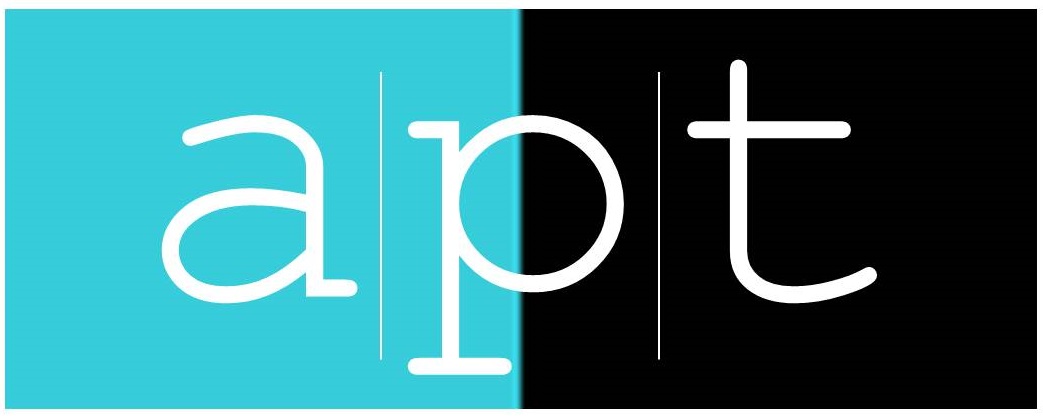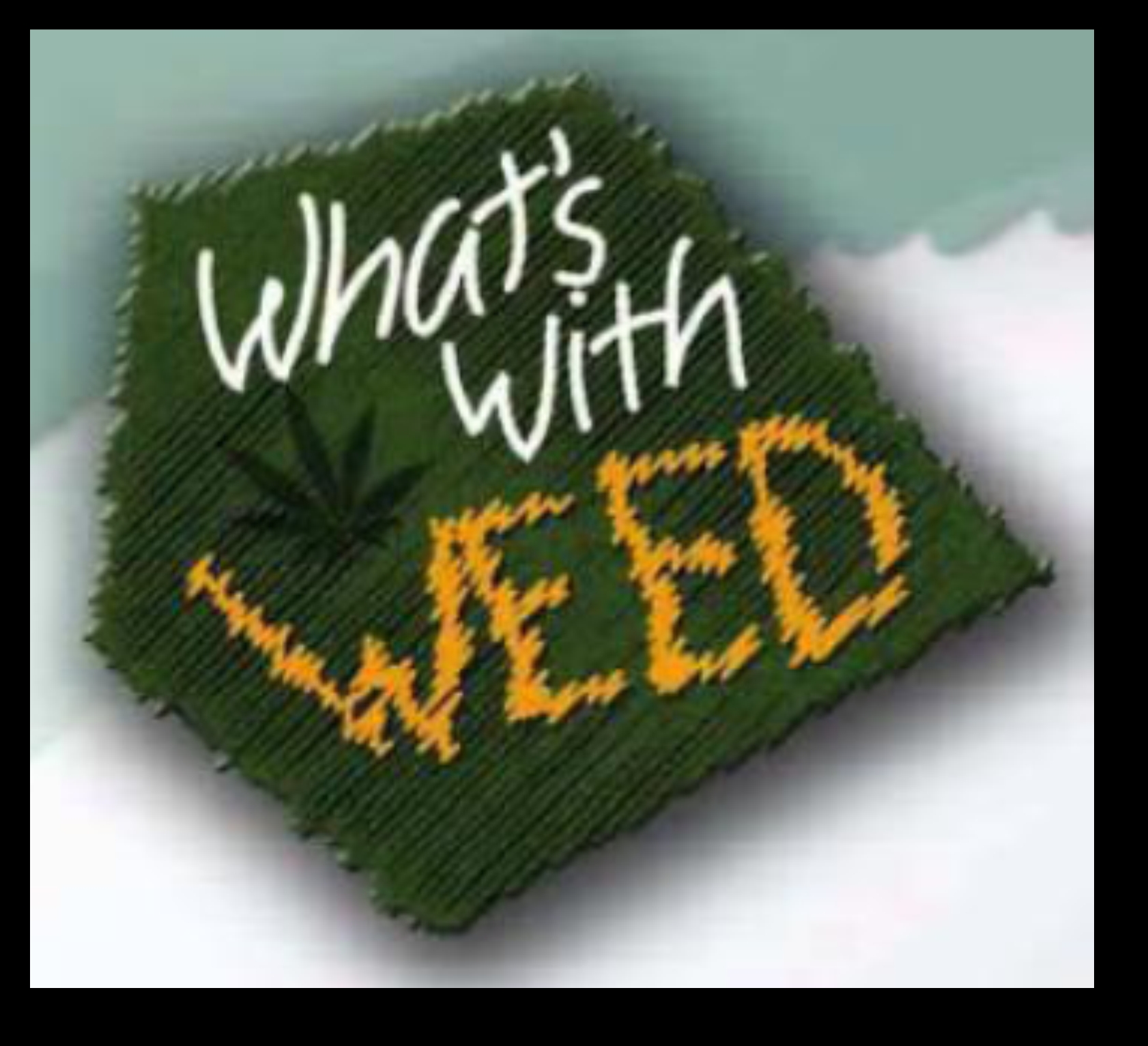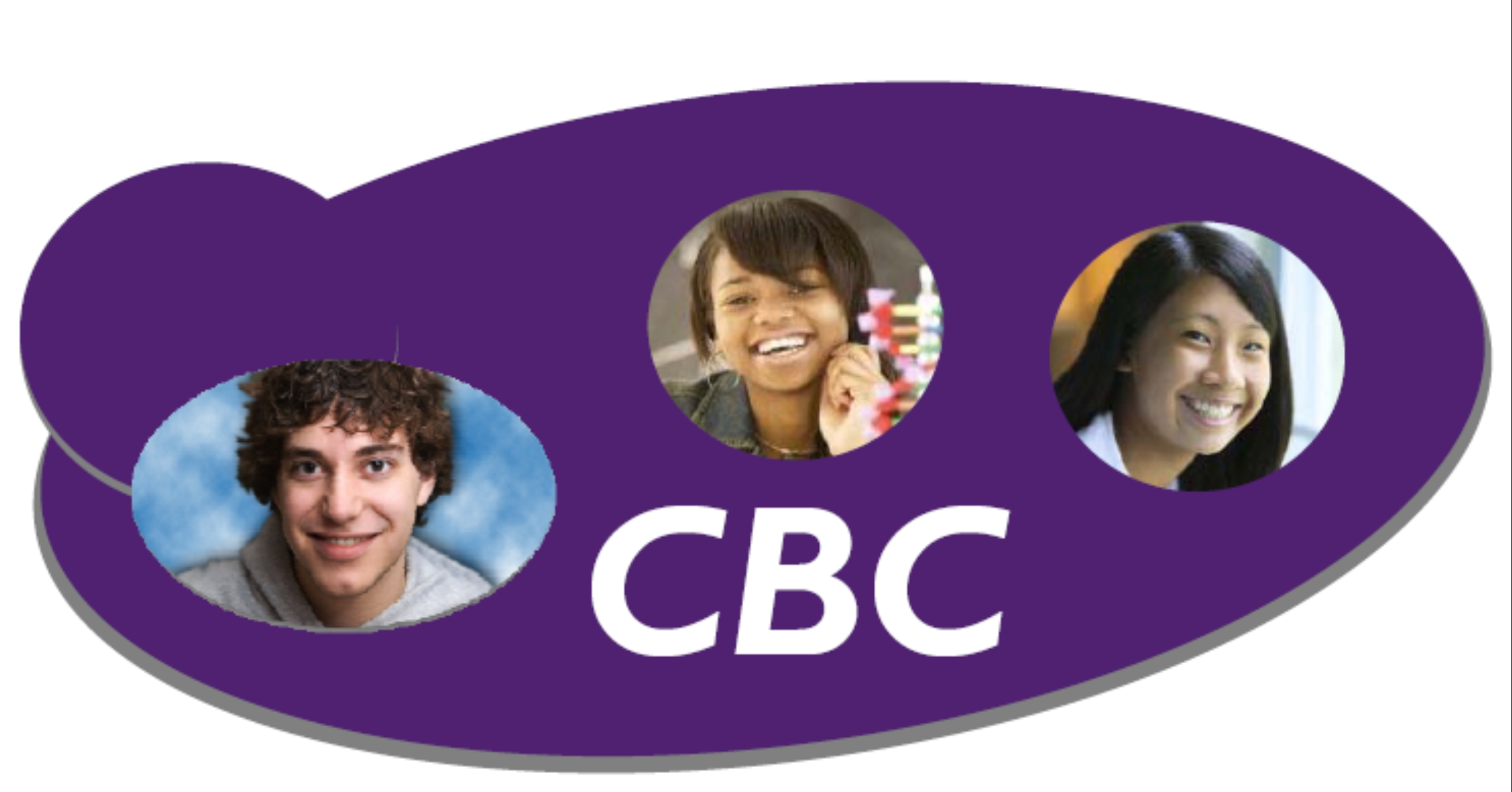Programs
To borrow programs, please send email request to: mha@westernhealth.nl.ca.
The following Addictions Prevention and Mental Health Promotion Programs are available:
Addictions Prevention Tools (Addiction Prevention Centre)
A program that aims to support youth to distinguish between true and false beliefs about substance use, develop understanding regarding the risks of substance use, and develop personal opinions related to alcohol and drug use. it has five interactive activities for youth related to areas of influence: (1) friend, (2) family, (3) life setting, (4) community, and (5) media. Click here for full Program Description.
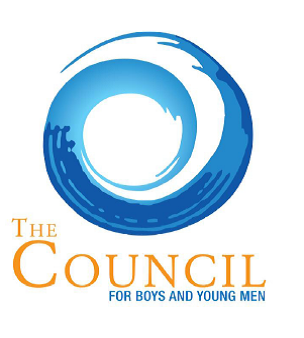
Boys Council Programs (ready-to-use format/available to borrow)
• Growing Healthy, Going Strong: Boys 9-14
• Standing Together: A Journey into Respect: Boys 9-14
• Living a Legacy: A Rite of Passage: Boys 13-18
• Journey of the Great Warrior: Empowering Minority and Disenfranchised Youth: Boys 13-18
Click here for full Program Description.
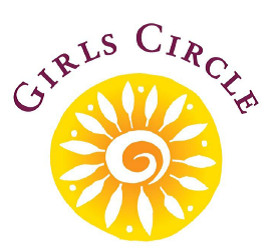
Girls Circle Programs (ready-to-use format/available to borrow)
• Friendship: Girls 9-14
• Being A Girl: Girls 11-13
• Body Image: Girls 12-18
• Honouring Our Diversity: Girls 11-18
• Mind, Body, Spirit: Girls 12-16
• Expressing My Individuality: Girls 11-15
• Relationships with Peers: Girls 13-18
• Who I Am: Girls 14-18
• Paths to the Future: Girls 11-18
• Wise & Well: Girls 12-18
• My Family, My Self: Girls 12-18
• Mother-Daughter Circle: Heart of the Matter for Mothers of All Ages with Daughters aged 11-18
Click here for full Program Description.
Click here for Girls Circle and The Council Program Resource List.
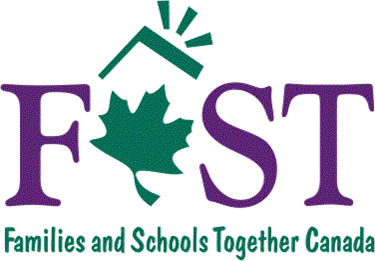
Families & Schools Together (F&ST)
A 2 year parent involvement and prevention program that supports families with children from birth to 12 years of age. The program consists of an 8-week facilitator-led program with structured weekly session, followed by monthly follow-up sessions organized by the families. Click here for full Program Description.
Get Ready
Get Ready is a peer education program that aims to increase the readiness skills of 11-12 year-olds to make decisions about the substances that they are likely to encounter as they prepare to transition to their teens. The Get Ready program consists of a Peer-Leader training and a Get Ready session delivered by these Peer-Leaders with support from the program coordinator. Click here for a full Program Description.
Guiding Good Choices
5 session program for parents of children 9 to 14 to teach parents how to recognize, talk about, and prevent substance use among youth; teach kids the skills they need to say no to drugs; manage conflicts in and outside of the home and strengthen family bonds. Click here for full Program Description.
Level Up
Level Up is a Ophea Healthy Schools Healthy Communities Resource that supports educators and program leaders in promoting positive mental health and overall well-being with children and youth ages 6-18. Click here for full Program Description.
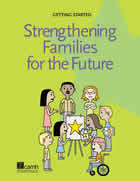
Strengthening Families for the Future
A ready-to-use 14 week substance use prevention program for families with children aged 7-11. Team training is available. Training is required. Click here for full Program Description.
Strengthening Families for Parents and Youth
A ready-to-use skills based program for families of teens ages 12-16. Team training is available. Training is required. Click here for full Program Description.
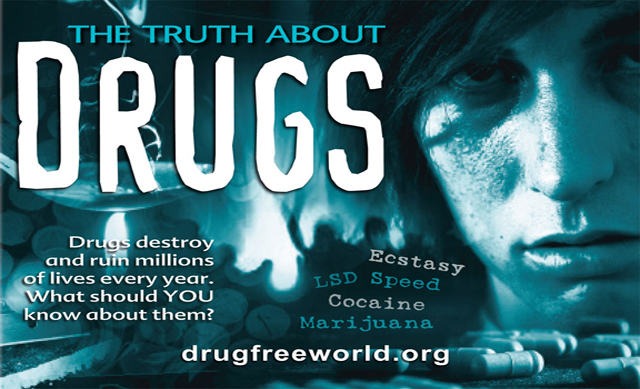
The Truth About Drugs - Foundation for a Drug Free World
A program that covers the truth about the most commonly abused street and prescription drugs. The program includes a variety of sessions with accompanying videos and handouts. Click here for full Program Description.

Helping Skills Training Program
This Canadian Mental Health Association,14-module certificate program will improve communication skills and teach how to better support others. A trained facilitator is required to deliver this program. Training is required.
The Decider Life Skills Program
12 Cognitive Behaviour Therapy and Dialectical Behaviour Therapy informed life skills, designed to be taught to groups and individuals using a fun, creative and interactive style. Demonstrations, music, props and visuals bring the skills to life making them memorable and easy to learn. Click here for full Program Description. For more information about how the program was developed, see The Decider Information Sheet or visit: www.thedecider.org.uk
The Decider - Facilitator Feedback Form
NEW! Decider Toolkit Available (contains props for facilitating the program)
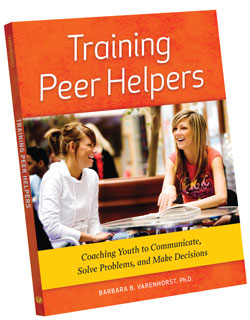
Training Peer Helpers
Students will learn the basic but crucial skills necessary for building healthy relationships, including communication, assertiveness, confidentiality, decision making and conflict mediation through discussion and fun, engaging activities.
What's With Weed Program
A peer education program to engage high school students in a discussion about the use of marijuana. This youth‐driven program provides secondary schools with effective educational tools to address marijuana use with its students. It helps students identify not only risks and potential problems but also positive behaviour change and decision‐making strategies connect with marijuana use. It also provides support to reduce, avoid or prevent problems. The program model includes a strategy for recruiting senior students as peer educators, a training day for the senior educators to provide instructions on delivering a 75 minute workshop to their younger peers about the real risks of marijuana use, and ways to reduce, avoid or prevent these risks and a connection to helping resources for those students concerned that their own – or a friend’s – marijuana use is causing problems in their lives. Click here for full Program Description.
Challenges, Beliefs & Changes (CBC) Program
The basic concept of the CBC Peer Education Program is that young people will listen to other young people when they have something significant to say. By using the peer team approach in the classroom, the CBC Peer Education Program seeks to provide an atmosphere whereby young people will freely discuss concerns about teenage social issues and challenges related to substance use.
This program will help adolescents: clarify and challenge their own personal beliefs and expectations about the use of alcohol and other drugs in high school, clarify "urban myths" and learn or reinforce information about alcohol, cannabis (marijuana and hashish), prescription drugs, caffeine (high energy drinks) and other drugs, address the issues of teenage drinking and drug use in our society and consider meaningful alternatives, apply the problem-solving process to their choices, learn what options are available for help for youth both inside and outside their school community.
Click here for full Program Description
Click here to complete the Facilitator Feedback Form

Preventing Alcohol and Risk-Related Trauma in Youth (PARTY)
PARTY was introduced to the Western region in 2006-2007. This one-day program targets youth aged 15 and older, aiming to help them recognize alcohol-related injury risks and make informed decisions to reduce these risks. This program is led by two community facilitators in the school setting. If you are interested in having this program delivered at your school or for more information please contact the Regional Health Educator (637-5000 extension 5355).
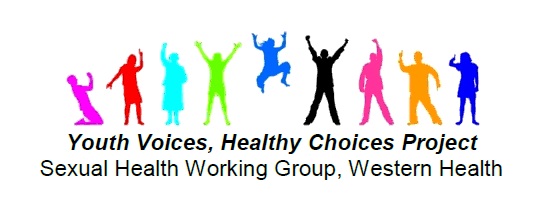
Youth Voices, Healthy Choices
Developed with funding from the Health Promotion and Primary Health Care Program, Youth Voices, Healthy Choices aims to get youth involved as leaders in the promotion of healthy decision making. This
is achieved by supporting youth, parents, and communities in working together to take action to address local sexual and emotional health priorities including relationships, self-esteem/body image, sexual identity, decision making, risky behaviours (ex: unprotected sexual activity, alcohol/drug use), and harm reduction. The Program Description is included in the Sexual and Reproductive Health Strategy developed by the Health Promotion and Primary Health Care Program, Western Health.
For more information, please contact:
Regional Mental Health Promotion Consultant 634-4927 or 634-4171
Regional Addictions Prevention Consultant 634-4921 or 634-4171
